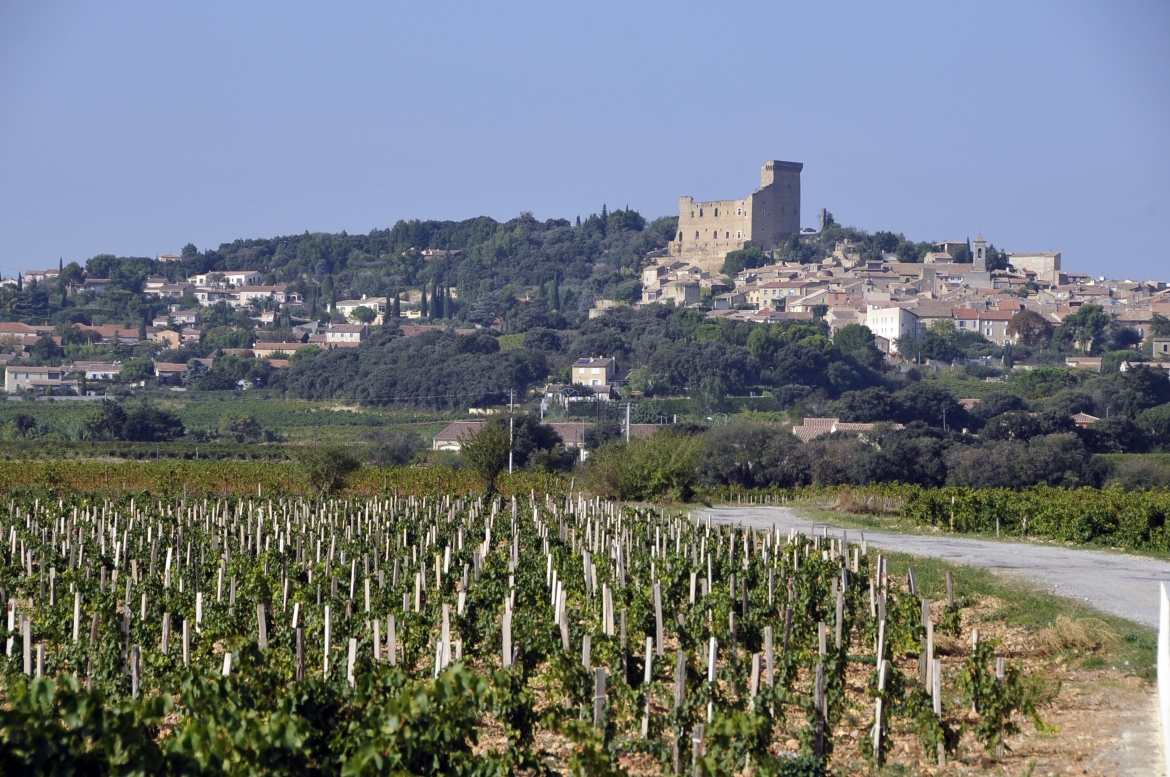
Dreaming of space and nature? Buy your vineyard with VIP Real Estate!
The reasons behind the purchase of a vineyard can be various: wine professionals who want to expand, middle age people who want to start a new business, investment, lifestyle and wine lovers.
Where to invest?
It will depend on your project and budget. With more than 800,000 ha of vineyards, France has plenty to offer with different types of vineyard all around the country.
The geographical situation, the soil quality, the appellation to identify where the grapes were grown, and the state of the property are important points when choosing the vineyard.
Can you achieve the transaction alone?
It is unlikely. To make your acquisition successful you will need a team of experts to advise you throughout the process. This team should include wine estate specialist, an auditor/accountant and a Notaire.
The buying process of a vineyard takes much longer that a standard property purchase due to its complexity. First of all, you will not find luxury property vineyards or big appellations advertised on the internet.
You will need an independent wine property agent on your side to approach off-market vineyards who match your criteria to analyse the market and gives a comparison with recent transactions which took place in the region with the same appellation. The agent will play an important role in coordinating the sales process and ensuring the sale’s success.
VIP Real Estate is here to help you to buy your wine-estate !
We propose a professional, real estate and economic approach, and a good knowledge of the terroir, necessary for your success, with one specialist for each appellation.
For confidentiality reasons, we will in most cases ask you to sign a non-disclosure agreement (NDA). Non-disclosure clauses are very important in the context of wine transactions as the identity of the parties, the information provided by the vendor and the conditions of the transactions must remain confidential.
When we have found you a vineyard which matches your criteria, he will ask you to sign a letter of intent or a non-binding offer, which will lay down the main conditions of the transaction (price, scope of the acquisition, period of exclusivity to allow the parties to negotiate and most importantly the period to carry out your own due diligence).
The due diligence is one of the most important part.
Wine lovers tend to forget that they are purchasing a business as well as a house to live in. It is recommended prior signing a binding contract for you carry out your own due diligence on the business and on the property. The outcome of the due diligence will enable you to collect all information that the vendor will have to disclose, to negotiate the purchase price and purchasing conditions you would like to insert in the preliminary contract.
The due diligence check list :
It will depend on the size and type of vineyard. It can include (non- exhaustive list):
-Audit and valuation of the property to be carried by experts: inspection of the vineyard quality by a oenologist, location and size of each plots, density of planting, company assets & equipment, evaluation of the stock, compliance regulations regarding appellation, environmental inspection of the cellars carried out by a laboratory, surveys of the property/château (structural survey, asbestos, lead poisoning, termites);
-The legal due diligence: conditions of the transaction (administrative authorisations, preferential rights of third parties, encumbrances affecting the property, the permitted use of the property), corporate organisation of ownership of the company, intellectual property rights, trademarks, leases, insurances;
- Financial and accounting due diligence: valuation of wine inventory, business plan, profit and loss accounts.
A successful due diligence will enable the purchaser to have a good understanding of the cost of the transaction, its potential risks and to negotiate security clauses in the preliminary purchase and sale agreement.
When the purchaser has been satisfied with the outcome of his diligence, he will make a binding offer to the vendor confirming his intent to purchase and his conditions. If the vendor, agrees to the offer, the two parties will proceed with the signature of a preliminary purchase and sale agreement, which will be drafted by the Notaire.
The agreement :
It should include a detailed description of the purchase (assets, equipment, shares), the price and its methods of calculation, the payment terms, the security clauses stipulated in the interests of both parties (to obtain administrative authorisation, to obtain mortgage, lack of encumbrances of the property), special conditions (departure of the current manager), management of the property within the transitional period, the vacation of the property, the date of completion of the transaction, payment of a deposit (in general 5%) and penalty clauses.
The right purchase structure will also be an important element to consider especially if the purchase is an asset purchase for the purchaser and his family.
The deed of sale :
After fulfilment of all the searches and conditions, the parties will sign the “acte de vente” (deed of sale) at the notaire’s office to conclude the transaction. In some cases, the sale of a vineyard will consist of the sale of a business and therefore the sale of company shares. A share purchase agreement will be signed by the parties.
Are you looking for a property with vines, a domain with a vineyard in Provence, Côtes du Rhône and Languedoc ?
Entrust us with your projects, together we’ll make it a success!
For confidentiality reasons, our complete vineyard's offer cannot be listed on this website. Please do not hesitate to contact us via email at nc@vip-real-estate.com
Santé!
Noel Castinel & Loïc Raboteau.
